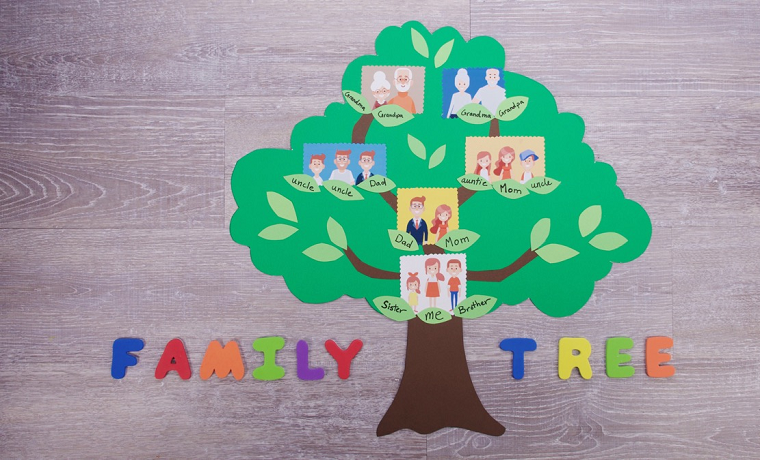“Where are you from” might seem like a simple enough question, but answering it becomes an arduous challenge when you’re struggling with learning more about your family history.
You need to examine databases, talk to adoptive parents or blood relatives, and generally spend a lot of time. Thankfully, the same isn’t true for money. You can run a quick, free self-check online to see what associated names come up. You could be in for a surprise.
Beyond that, each of the resources we present here offers a wealth of information at no cost whatsoever. You can get everything you need to find people online, and not just any people – exactly those you’re looking for. You can even find details like census records, wills, photos, and birth certificates.
1. Public Libraries
Visit the local library – you might be surprised at how easy this can make your quest for information about your family tree. Free access to informative websites related to genealogy is available to card-holding residents nationwide. For example, the public library in Boca Raton provides access to Ancestry Library Edition, a service by genealogy giant ancestry.com.
You might not even have to visit the library. Call them and ask what genealogy research options they have. These might be accessible online.
2. National Archives
You can search the National Archives’ civilian records for more information about your family.The most useful types of records are census records, naturalization records, records of public land transfer, military service records, and immigration-related records. Many of these are available online.
3. USGenWeb
This project’s national website features links to county and state ones, which provide access to county and state histories, local source listings for records, maps, online genealogy books, and many other resources.
4. AccessGenealogy
This platform features the biggest collection of free resources for family tree research in the U.S., including a huge number of free sites.
5. Find a Grave
Find a Grave has a collection of data and photos of gravesites, which members of the community have uploaded. It’s perfect if you’re just beginning with your genealogy search. Membership is free. Almost 200 million memorials are accessible on the site. You can also add one yourself.
6. FamilySearch
This self-proclaimed “biggest genealogy organization worldwide” is a rich resource to consider. Sign up for a free account and start a family tree or search the billions of records available.
7. Chronicling America
Sponsored by the National Endowment for the Humanities and the U.S. Library of Congress, Chronicling America offers access to digitized pages of newspapers published between the 18th and 20th centuries. You might unearth something quite interesting.
8. Search Your Home
You must be thinking, “I’ve done that, thanks.” You might have missed something obvious. Professional genealogists encourage people doing research into their family tree to pay close attention to the basement, attic, and drawers where personal letters, documents, and photos may be stored. Items and objects with dates are particularly helpful. You need to look for old report cards, diplomas, military records, pictures, postcards, and diaries.
Search your adoptive parents or blood relatives’ houses. If the owner doesn’t let you take a valuable item, ask to take a picture of it.
Get a DNA test
This is the step to take if everything else has failed, and it’s not free, but know that cutting-edge DNA testing kits can help you discover people and places you never knew existed. If you decide to go this route, look for DNA testing services with free DNA sample storage and a vast database of tested people.Tutorials and online support will be very helpful. Don’t make this decision lightly even though no one could dispute DNA results that wouldn’t assist your research. A test might reveal something you’re not ready to learn, like a grave family maternity or paternity secret that relatives, adoptive parents, or ancestors hid from you.

